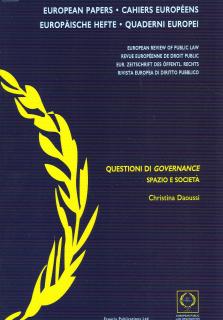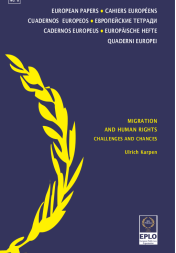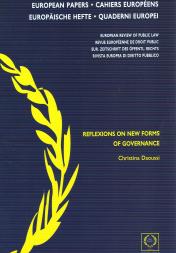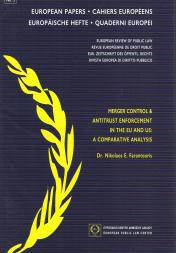
No. 5, Chr. Daoussi, “Questioni di Governance, Spazio e Società”
This paper by Christina Daoussi, Associate Professor of Local Self-Government and Sociology (The Higher Institute for Technological Education of Kalamata, School of Management and Economics, Dpt. of Local Government), wants to contribute to the reflection and to the discussion taking place within the EU in relation to European governance. The promotion of new forms of governance is by no means in the exclusive competence of the European institutional bodies. It falls under the competence of public authorities at all levels, local administrations, private sector agencies and the organised civil society, as the European society of the 21st century seems to expect social participation in the decision-making process and democratic governance (transparency, participation, accountability, effectiveness and cohesion). European governance consists in shaping methods and institutional decision-making instruments within the framework of the multiple territorial administrative levels and agencies that take decisions within the European society: the European Community, Member States, regional and local authorities, civil society, individual persons, citizens. The coexistence and involvement of several levels of governance constitute obviously major challenges for the future of the European Union and of European societies. Finally, this multi-level social cooperation between public agencies and civil society presents a strong sociological interest through the renewal of the Weberian concept of “social relation” as organised “social action”.





















